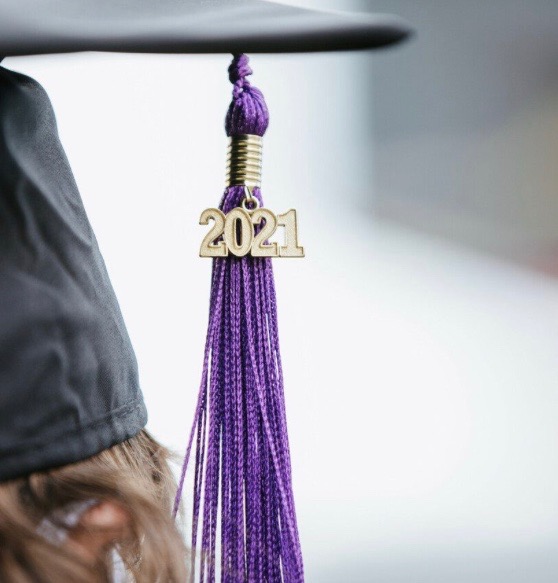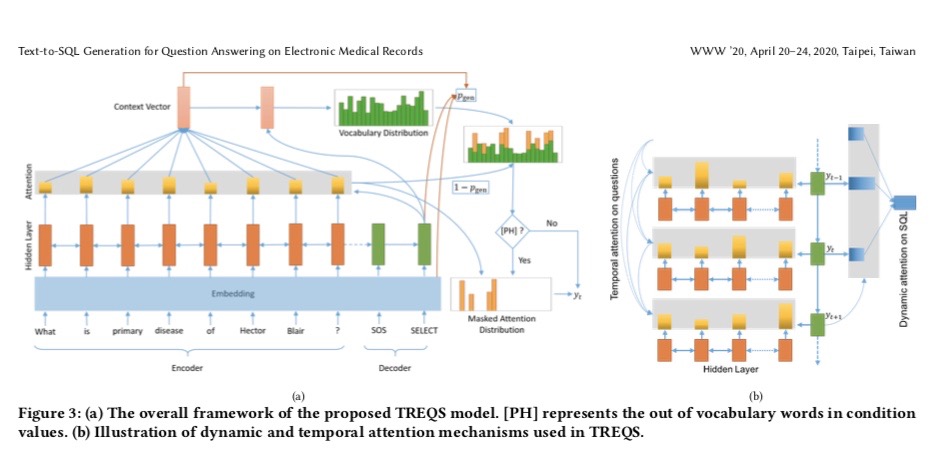Congratulations to Sanghani Center 2021 Summer and Fall Graduates

Virginia Tech’s Fall Commencement ceremony for the Graduate School is now underway (livestream here) and seven students from the Sanghani Center are among those receiving degrees.
“This has been a tough year and they successfully navigated obstacles caused by the COVID19 pandemic to achieve their academic goals and we are very proud of them,” said Naren Ramakrishnan, the Thomas L. Phillips Professor of Engineering in the Department of Computer Science at Virginia Tech and director of the Sanghani Center for Artificial Intelligence and Data Analytics.
Following is a list of Sanghani Center 2021 summer and fall graduates:
Ph.D.
Khoa Doan, advised by Chandan Reddy, has earned a Ph.D. in computer science. His primary research interests lie in Machine Learning and Information Retrieval. The title of his dissertation is “Generative models meet similarity search: efficient, heuristic-free and robust retrieval”. Doan has joined Baidu Research as a machine learning researcher.
You Lou, co-advised by Bert Huang and Naren Ramakrishnan, earned a Ph.D. in computer science. His research areas are structured prediction, probabilistic graphical models, variational inference, and deep generative models. The title of his dissertation is “Modeling Structured Data with Invertible Generative Models.” Lou has joined Motional, a driverless technology company, as a machine learning research scientist.
Anika Tabassum, advised by B. Aditya Prakash, has earned a Ph.D. in computer science. She also earned the Urban Computing graduate certificate. For her Ph.D. research, she worked to develop explainable and domain-guided machine learning frameworks for power systems to aid decision-making for emergency management authorities. The title of her dissertation is “Explainable and Network-based Approaches for Decision-making in Emergency Management.” Tabassum has joined Oak Ridge National Laboratory in Tennessee as a postdoctoral research associate in the Discrete Algorithms Group, working on various projects related to scientific machine learning.
Tian Shi, advised by Chandan Reddy, has earned a Ph.D. in computer science. His primary research interests lie natural language processing and machine learning. The title of his dissertation is “Novel Algorithms for Understanding Online Reviews.” Shi has joined Moody’s Analytics as a machine learning research scientist.
Ping Wang, advised by Chandan Reddy, has earned a Ph.D. in computer science. Her primary research focuses on question answering, graph mining, information extraction, and survival analysis with their applications in the healthcare domain. The title of her dissertation is “Automatic Question Answering and Knowledge Discovery from Electronic Health Records.” Wang has joined the Computer Science Department at Stevens Institute of Technology in Hoboken, New Jersey, where she is an assistant professor.
Master’s Degree
Eman Abdelrahman, advised by Edward Fox, has earned a master’s degree in computer science. Her research interest lies in applying machine learning and natural language processing on Arabic scientific datasets such as ETDs in order to improve the accessibility to Arabic scientific data. The title of her thesis is “Improving the Accessibility of Arabic ETDs with Metadata and Classification.” She is remaining at Virginia Tech and the Sanghani Center to pursue a Ph.D. in computer science, advised by Ismini Lourentzou.
Aarathi Raghuraman, advised by Lenwood Heath, has earned a master’s degree in computer science. Her primary research interests lie in biomedical data science and bioinformatics. The title of her thesis is “Predicting Mutational Pathways of Influenza A H1N1 Virus using Q-learning. Raghuraman has joined LexisNexis Legal and Professional in Raleigh, North Carolina, as a data scientist.
Esther Robb, advised by Jia-Bin Huang, has earned a master’s degree in computer engineering. Her primary research interests lie in reinforcement learning and data-efficient learning. The title of her thesis is “Data-Efficient Learning in Image Synthesis and Instance Segmentation.” Robb is pursuing a Ph.D. in computer science at Stanford University.
